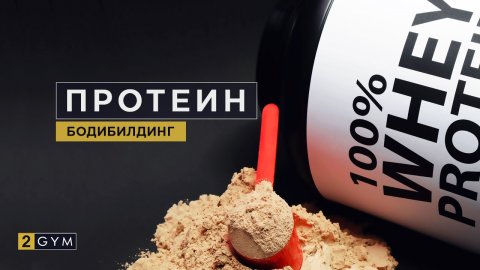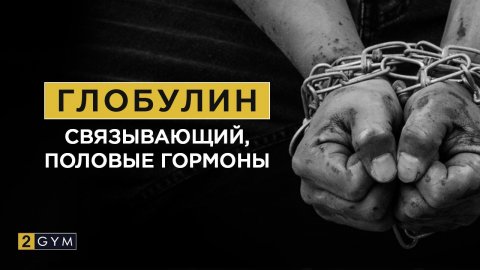This is just the prelude, the story begins now: the World Anti-Doping Agency (WADA) has no doubt that meldonium is a doping agent. However, most scientists hold the opposite opinion. I will try to figure out who is right and who is wrong.
What is Meldonium and How Does It Work?
First, it is worth figuring out what meldonium does in our bodies. I won't "multiply entities beyond necessity" and will say that the ultimate outcome of meldonium's activity is the slowdown of carnitine synthesis.
As a result, the process of transferring fatty acids through the mitochondrial membranes of heart cells slows down.
Under conditions of oxygen deprivation, such a slowdown has a positive effect on myocardial cells: less oxygen is used to oxidize fatty acids, which means more is left for the heart itself, and fewer harmful by-products of this oxidation accumulate in the heart.
There are other positive properties as well: for example, the formation of ATP becomes more efficient. In general, "Mildronate" was recommended for the treatment of ischemic heart disease and for recovery after a myocardial infarction.
Its use in medicine began in 1984. But the hearts of athletes often also experience a lack of oxygen, so after some time meldonium made its way into sports.
Meldonium as a Doping Agent
WADA began monitoring the situation around meldonium only in 2015—31 years after the widespread use of the drug. And already in January 2016, meldonium was included in the list of banned substances and methods.
And Maria Sharapova became the first athlete caught with meldonium: she was disqualified after a test at the Australian Open held in the same year, and even in the same month—the main draw matches took place from January 18 to 31.
This case could have been overlooked—after all, meldonium had just become a doping agent, and before that, it could be taken freely. But WADA needed a high-profile case to serve as a deterrent.
It is notable that the overwhelming majority of athletes disqualified for using meldonium were from Russia and Ukraine, as well as geographically close countries.
Athletes from "far abroad" can be counted on the fingers of one hand. Well, maybe two. This is not surprising: until very recently, "beyond the cordon," they had no idea about "Mildronate," using more or less similar trimetazidine (also considered doping).
In 2017—exactly one year after WADA recognized meldonium as doping, a meta-analysis of all known studies concerning this substance was conducted in the UK.
The overall conclusion is: "There are no reliable studies on the effect of meldonium on sports performance—whether it involves healthy volunteers or well-trained athletes."
In other words, objectively speaking, there are no grounds for including meldonium in WADA's "prohibited list." So why did the Agency ignore the scientists' arguments? I will skip the political aspects, which seem to have prevailed in making the decision, and try to delve into the sports aspect.
It's not that simple: the study on which WADA based its decision that meldonium is a doping agent found that "meldonium can be used as an agent enhancing the functional activity of combat sports athletes."
However, this study was later deemed unreliable due to the small sample size, but the "residue remained."
Other studies did not provide grounds for categorical conclusions about meldonium, but scientists have come to believe that this substance might only benefit athletes in sports requiring short-term endurance.
That is, sprinters, swimmers, cyclists. If it comes to endurance over a long period—football, biathlon, long-distance running, meldonium not only won't help but might even harm: for "marathoners," the fat pathway of energy supply is important.
In general, if meldonium is to remain on the banned substances and methods list, it should only be after additional studies and only for representatives of certain sports.
Conclusion
In conclusion, I would like to say this: athletes' hearts experience overloads, often leading to a reduction in the thickness of the myocardial walls and other quite dangerous health and even life-threatening problems.
Meldonium to a certain extent will slow the development of the athlete's heart syndrome. The benefits of this substance can significantly outweigh the very dubious damage that may be done to sports.





















Log in with ( Sign Up ? )
or post as a guest